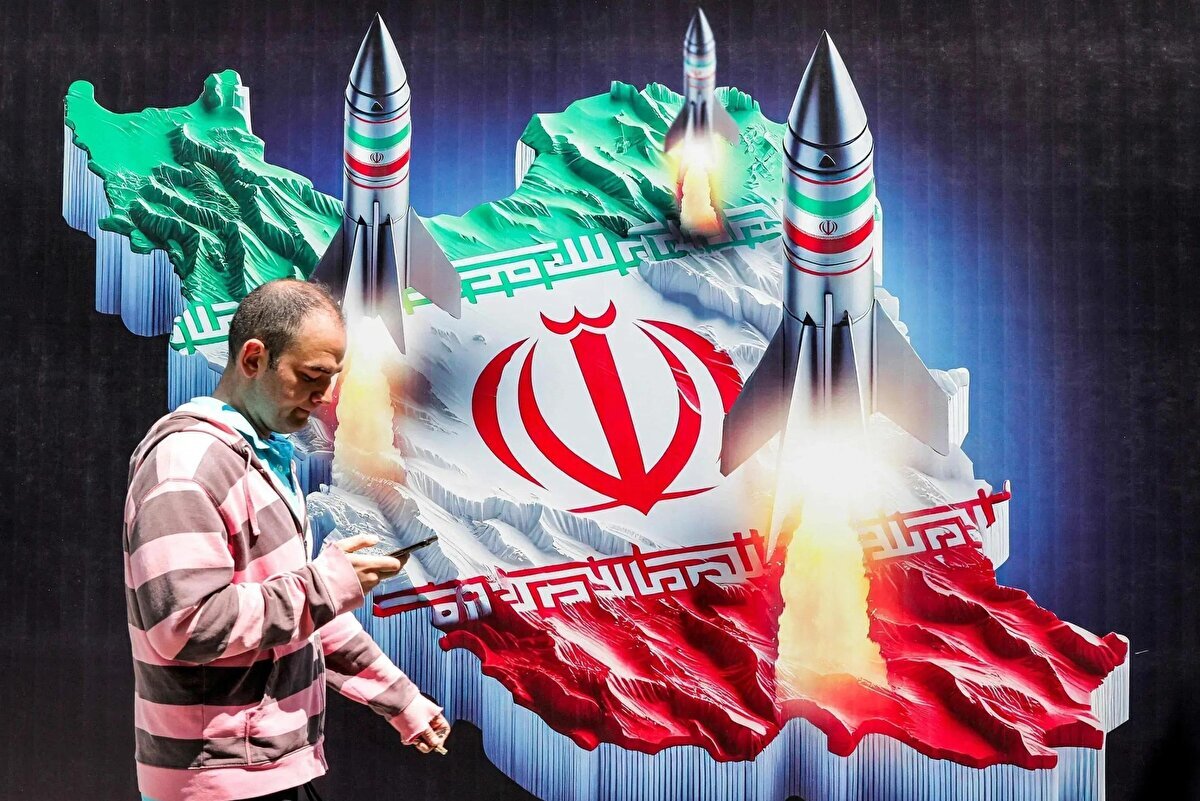Impact of the 12-Day War between Iran and the Zionist Regime on Defense and Security Developments in the West Asian Region
TEHRAN (Defapress) - This war had extensive and multifaceted dimensions, and beyond its impacts within the country, it also affected the West Asian region. Some regional countries, calculating that the Zionist regime might finish Iran off in a blitzkrieg, covertly supported the Zionist regime; but ultimately, it was the Islamic Republic of Iran that, with heavy blows, forced the Zionist enemy and its allies to accept a ceasefire.

The 12-day war, from national and regional security perspectives, has dimensions that we will address below:
The Role of the United States of America in the 12-Day War
It is not an exaggeration to say that American plotting was the main cause of the 12-day war. For example, during the nuclear negotiations, US President Donald Trump had stated that if the negotiations failed (which was when the Israeli occupation regime's airstrike occurred), Israel would be the one to attack Iran's atomic facilities. Of course, the dawn attack on Friday, June 13th, was not carried out solely to destroy nuclear facilities; rather, the Zionist regime, through a hybrid war, sought to overthrow the Islamic Republic system and dismember Iran, and the destruction of Iran's nuclear facilities was one of their secondary objectives. In reality, America, by plotting an attack on Iran, sought to shape a "New Middle East" in which Iran would be divided into five parts, and in the dismembered regions (in their own estimation), the use of heavy weapons would be prohibited.
Brigadier General Seyed Yahya Rahim Safavi, assistant and senior advisor to the Supreme Commander-in-Chief and head of the Martyr Soleimani Research Institute of Holy Defense Studies, stated in this regard: "In the 12-day war, the great and little Satans attacked us, but after the resistance of the leadership, the Iranian nation, and our armed forces, the enemy was humiliated and disgraced."
Brigadier General Abdollah Araghi, head of the Holy Defense Research Department at the Martyr Soleimani Research Institute of Holy Defense Studies, in an interview with Defapress regarding the role of Imam Khamenei and the armed forces in the 12-day war, stated that at the beginning of this war, the enemy delivered a systemic shock to us, saying: "The enemy targeted our command and control and sought to cause an overthrow in Iran; furthermore, the Zionist regime launched a full-scale hybrid war against Iran."
He adds: "Through the wisdom and intelligence of the leadership, we were able to quickly compensate for the damages inflicted. The leadership, through the intelligent replacement of commanders, managed to extract the country from a state of disorder and bring it to an operational and stable condition."
The Likelihood of Escalating Tensions between the Zionist Regime and its Allies with the Axis of Resistance
One of the actions pursued by the US and the Zionist regime in the region is to destroy the structure of the Axis of Resistance. Over the past two years, they first attacked Lebanon; then they targeted Syria and Yemen with numerous attacks; after that, they attacked Iran; and in the next stage, they are seeking the destruction of the Popular Mobilization Forces (PMF) in Iraq and the dismemberment of that country. This is while, in the first step, Hezbollah emerged victoriously from the battlefield, forcing the Zionist enemy to accept a ceasefire (of course, Hezbollah sustained military blows, but these blows were not enough to lead to the elimination of this vast organization). In the second step, the US attacked Yemen with all its might, but every day, American aircraft carriers suffered serious damage from the heavy blows of the Ansarullah. The enemies' plans against Iraq and their efforts to dissolve the Popular Mobilization Forces have also been ineffective and have gotten nowhere so far.
In fact, despite numerous attacks on Gaza, Yemen, Lebanon, and also Iran, the enemy has so far failed to achieve any of its goals of creating widespread changes in the West Asian region. Abdul-Malik al-Houthi, the leader of the Ansar Allah movement, referring to the battles of the Zionist enemy and America in the region to change its geography since 2006, says: "After the great victory in the 2006 war, the 'New Middle East' project collapsed under the feet of the Mujahideen in Lebanon, and if the Arabs had understood and supported this victory, the situation would have changed in favor of the Islamic Ummah, and the results for Muslims would have been different."
He adds: "Lebanon's Hezbollah and its Mujahid leader, the martyr Seyed Hassan Nasrallah, stood firm like a mountain against the 'New Middle East' conspiracy; also, the collective actions of the Resistance since 2006 have prevented the dismemberment of regional countries, and if all Islamic countries had become one united hand, we would not be facing such calamities in the region today."
Focus on Future Defense Lessons Learned
One of the important achievements of recent wars, especially the 12-day war, is that Iran will not be surprised at the strategic level. In other words, Iran has learned from the experiences of the 12-day war, and field observations show that in future wars, Iran can effectively corner the enemy and drive it to the brink of defeat.
The second lesson learned from the 12-day war was increased vigilance regarding security issues, such as the issue of confronting enemy spies and mercenaries who were entering the country under various covers and bringing in drones and aerial equipment.
Recently, news has been published stating that the Zionist enemy, in a message to Russian President Vladimir Putin, emphasized Israel's commitment to the ceasefire. However, we must see, given the inherently treacherous and unreliable nature of the enemy and the new conditions taking shape in the region, what events we will witness in the coming months.
